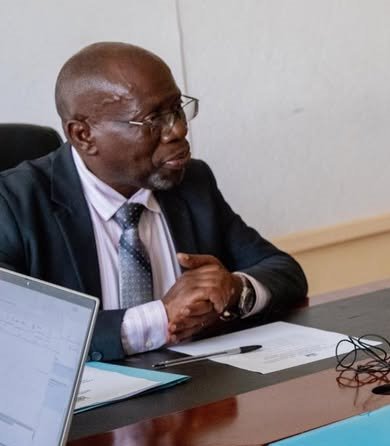The government has reaffirmed its commitment to protecting the rights of persons with albinism, ensuring they live in dignity and enjoy equal access to justice.
Luapula Province Permanent Secretary Mighty Mumba made the remarks during the multi-stakeholder Access to Justice Workshop for persons with albinism held in Mansa.
Mr Mumba noted that despite efforts to combat stigma and discrimination, persons with albinism continue to face challenges in accessing justice for violations of their civil, political, economic, social, and cultural rights.
“The situation of persons with albinism in Zambia is a source of great concern to the government, and we are working tirelessly to address these challenges,” he said.
Mr Mumba emphasized that the government takes matters of human rights seriously and has ratified several important treaties at the United Nations related to human rights.
“Access to justice refers to the equal entitlement of all individuals to fair and effective participation in legal proceedings and remedies,” he explained.
The Permanent Secretary commended stakeholders, including the ‘Shadows for good project’ under Cheshire Homes and the Africa Albinism Network, for their support which is key in developing and implementing a national action plan on albinism.
Mr Mumba assured that the government, through the judiciary and law enforcement agencies, is committed to providing justice for victims of attacks and promoting education and awareness to combat stigma and discrimination.
The Luapula Province Permanent Secretary said through working together, the government, traditional leadership and other stakeholders can create a more inclusive and supportive environment for persons with albinism in Zambia.
Meanwhile, Group Focus Consultations (GFC) Executive Director Field Phiri appealed to Government, through the Provincial administration to specially consider the few albino graduate teachers who are unemployed in the upcoming teacher recruitment exercise.
Dr Phiri explained that whilst the government’s massive recruitment initiative is commendable, there is a specific need to take note and include the few persons with albinism who have graduated from the college of education in recent years.
He pointed out that doing so will be a milestone towards the benchmarks of inclusiveness, fairness and justice for persons with albinism.
The workshop aimed to bring together stakeholders to discuss challenges faced by persons with albinism in accessing justice and to identify strategies for addressing these challenges.





